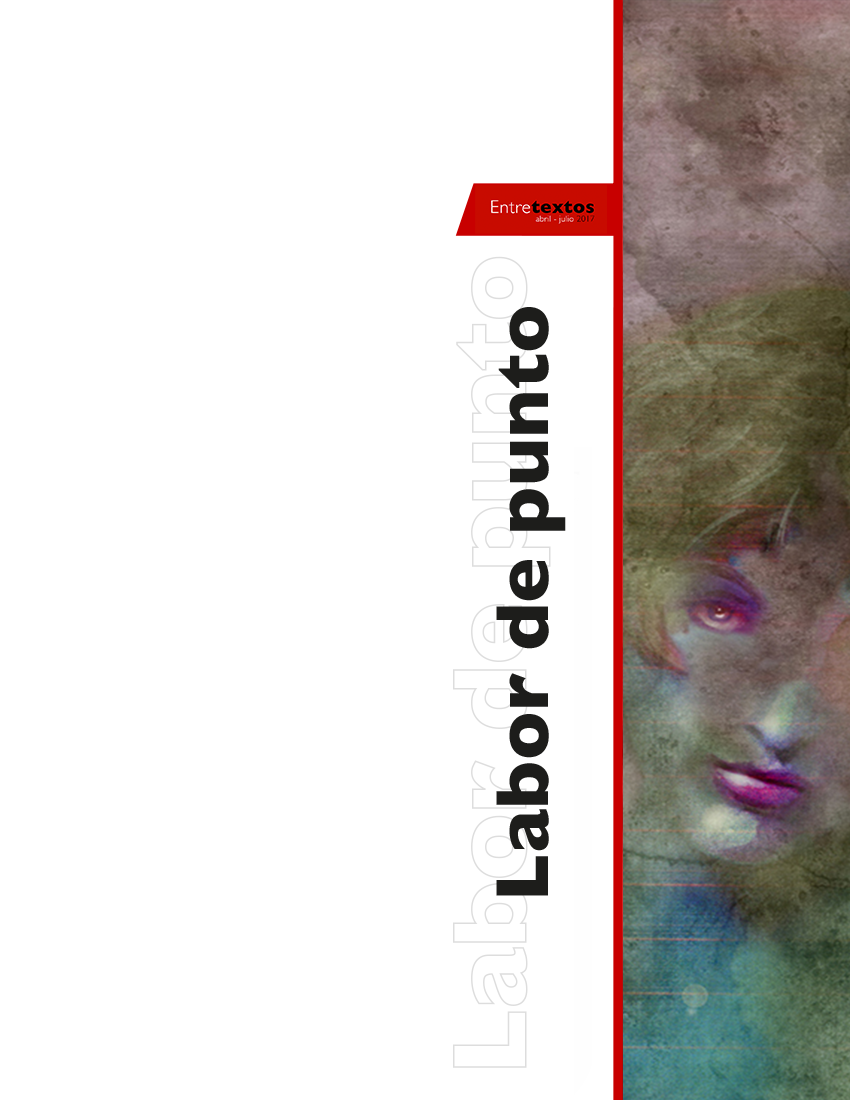Do not choose me
Amon Göth: the stubbornness of explaining ourselves the unspeakable
DOI:
https://doi.org/10.59057/iberoleon.20075316.201725319Keywords:
cinema, memory, death drive, ineffable, sinisterAbstract
The aim of the article is to express the failure of the unspeakable, facing the unavoidable attempt to speak. It is the failure of philosophy as an attempt to explain the indescribable and the sinister. When western philosophy faces Amon Goth experiences a double feeling; the fascination of interpreting it and, at the same time, spotting its failure, the impossibility of saying the unspeakable. Nonetheless, we want to rescue Cinema as memory, as a re-writing, print over print. Likewise, unofficial history encourages the spectator not to forget what they were, what they lived. Not as any simple passage in history but as a discontinuous continuum, that is, as a feasible upgrade. The Shoah is not a finished episode, their possibility of upgrading are dormant. They are in what sinister in the Human, able to produce the unspeakable. Cinema remembers. However, when cinema turns into memory it exceeds the paradox of aesthetics, given that the sinister, meant to remain hidden, is shown. In order to see that, we analyse a scene from Schindler’s list where we can see Tanatos and Eros in a Nazi officer, as a result of the conditions of possibility that total power can give, and the infinite guilt of the victims. Nonetheless, the proposal runs the risk of failing into what is unspeakable in the scene itself. The paradox that cinema presents.
Downloads

Downloads
Published
How to Cite
Issue
Section
License
Copyright (c) 2017 Entretextos

This work is licensed under a Creative Commons Attribution-NonCommercial 4.0 International License.




